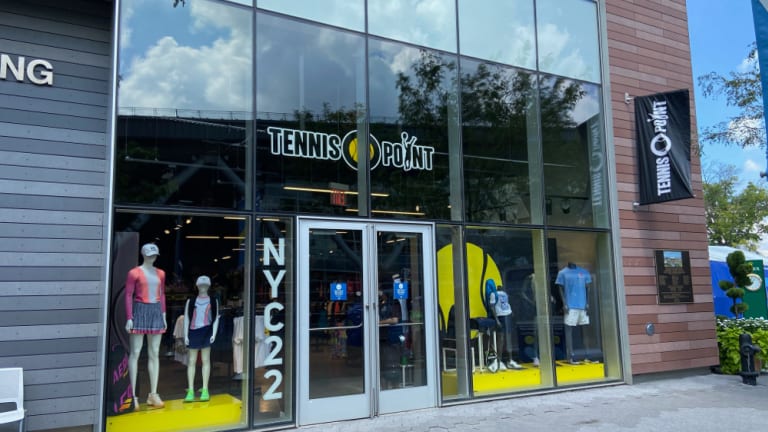Gear
Development Plan: Tennis-Point looks to grow the game through its expanding business and online initiatives
By Sep 17, 2022Gear
Holiday Gear Gift Guide (Part 3): Must-Have Apparel
By Nov 30, 2022Gear
Holiday Gear Gift Guide (Part 2): Awesome Accessories
By Nov 26, 2022Gear
Holiday Gear Gift Guide (Part 1): Top Racquets from 2022
By Nov 24, 2022Gear
Babolat expands popular Evo line with two new racquet models
By Nov 10, 2022Gear
Geau Sport releases Axiom Series 2.0 bags
By Nov 04, 2022Gear
Gear Q&A: Hardened Competitors
By Oct 27, 2022Gear
SwingVision delivers pro-level insights for recreational players
By Oct 23, 2022Gear
Racquet Review: Wilson Ultra 100 v4
By Oct 14, 2022Gear
Hyperice introduces three new products to help athletes ready for competition
By Oct 07, 2022Development Plan: Tennis-Point looks to grow the game through its expanding business and online initiatives
The retailer believes it can translate its successes in Europe into a flourishing tennis ecosystem in the United States.
Published Sep 17, 2022
Advertising

Tennis-Point made the leap to the U.S. market in 2021 by acquiring majority stakes in online retailers Midwest-Sports and Tennis Express.
Advertising

The Tennis-Point team at its US Open store, the first on-site pro shop in the event's history.